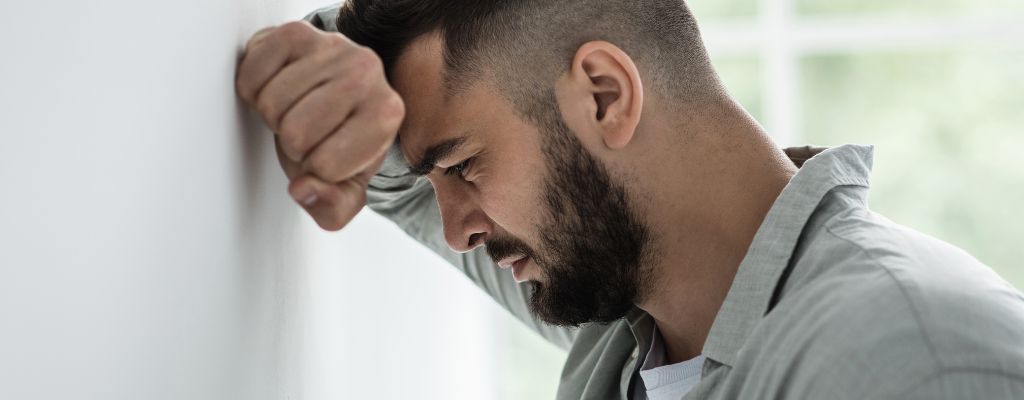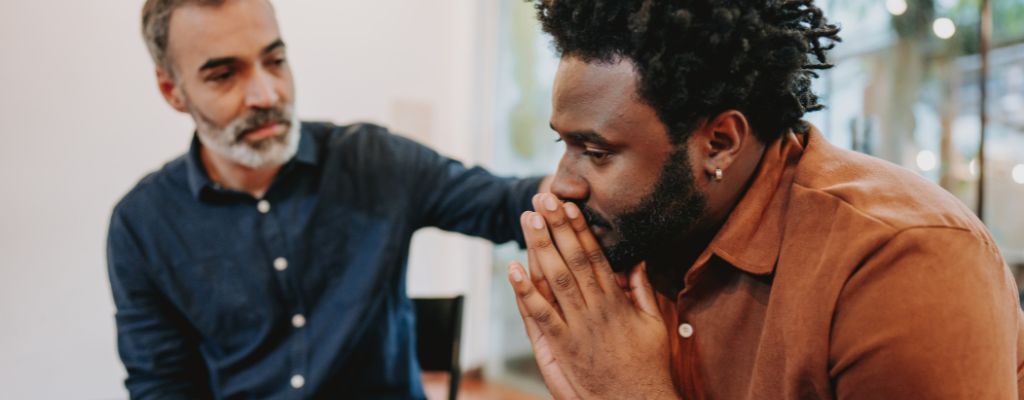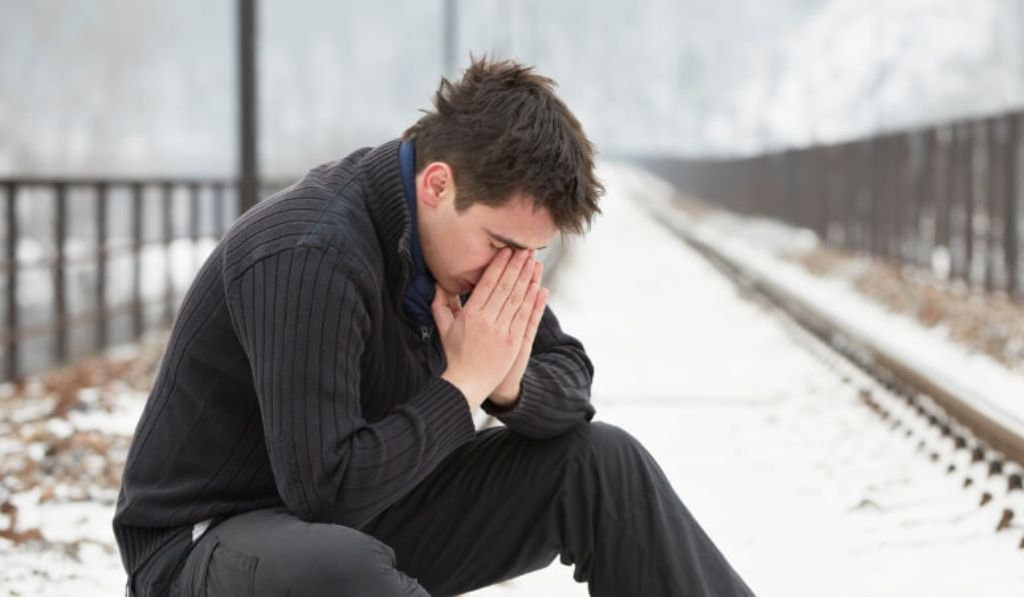Online dating has become normal for many people. You can meet new friends or look for love without even leaving your home. These apps and websites make finding a match look easy. But the mental health implications of online dating go far beyond just swiping left or right. There are good things and bad things that come with looking for friends or partners online.
Some people feel happy and excited after chatting with someone new. Others might feel lonely, anxious, or even unwanted. The experience is different for everyone.There can be hopeful moments, but numerous risks will confer a different view of oneself.
Humans crave connection, but the way technology affects connections differs when it comes to feelings of comfort and happiness. In this blog, we will skim through both the good and bad sides of online dating.
Positive and Negative Mental Health Implications of Online Dating
Online dating changes how people meet and stay close. The mental health implications of online dating cover a range from feeling more confident to having anxiety or sad feelings. Results from studies indicate that about 40% of people in the U.S. have tried online dating. Many report that it has helped them to create new partnerships, while so many others also report feeling stressed.
Think of online dating as a tool. It gives more options to meet new people, but sometimes too many choices can lead to stress instead of comfort. Technology makes it fast and easy to reach out, but it can bring emotional triggers. The way we use these tools sets the stage for our feelings—good or bad.
Potential Benefits: Enhanced Self-Esteem and Social Opportunity
Meeting more people online gives many people hope and new chances for friendship or love. People who feel shy in person can find it easier to talk online. Every match or friendly message can feel like a boost of confidence.
Positive words from others can make you feel good. Some people feel less lonely after using dating sites. They might talk to others who have similar interests. More social connections can help people feel less alone. This is especially true for people who live far from big cities or have trouble meeting others.
- Feeling seen and heard: When someone likes your profile, it feels good.
- Building confidence: Chats and messages help some people feel braver in real life.
- Breaking loneliness: Online dating makes it easier to find connections, even during times when it is hard to go out.
Risks: Anxiety, Rejection, and Emotional Triggers

Not all matches end happily. Many people find that dating apps bring up feelings of rejection or stress. Swiping on endless pictures can make people feel like they are not good enough. If someone does not reply or suddenly stops talking (ghosts you), it can make you doubt yourself.
These negative feelings are real. Even a small rejection or cold message can turn into bigger emotional triggers. You might start thinking, “What is wrong with me?” or “Why do others get more matches?” This cycle can hurt your self-worth and make social anxiety worse.
Common emotional triggers on dating apps include-
- Getting ignored or ghosted after chatting
- Seeing others get more matches or attention
- Hurtful comments or rude messages
- Comparing your life to someone else's profile
Digital Fatigue and Its Psychological Toll
Online dating can also make people feel tired in a special way called digital fatigue. Swiping through profiles, chatting with many people at once, and always waiting for a reply can wear you down.
Choice overload is another problem. When there are too many options, it is hard to pick or feel happy with any single match. You might spend hours looking without finding anyone. This cycle leads to mental drain, stress, and sometimes even sadness.
Here are signs that digital fatigue is affecting you-
- Feeling tired after using dating apps
- Losing interest in chatting or meeting
- Forgetting to care about matches
- Feeling bored or annoyed by too many choices
Navigating the Psychological Challenges of Online Dating
You can protect your mind from the harder parts of online dating. Simple changes can make a big impact. Being kind to yourself, knowing your own limits, and looking for support when needed are good steps. Ask yourself how you feel before and after using apps.
People who pay attention to their feelings often avoid the biggest risks. If you feel stressed or sad, do not be afraid to step back or talk about it with someone you trust.
Setting Boundaries and Managing Expectations
- Set daily time limits on apps
- Take breaks if you feel sad or tired
- Remind yourself you are more than your profile
- Do not expect each conversation to end in love or friendship
- Block or report people who are rude
Seeking Support: When and Where to Get Help

- You feel sad or anxious most days
- You stop doing things you used to enjoy
- Negative thoughts keep coming back
- You cannot stop worrying about rejection or emotional triggers
Talking to a close friend, family member, or mental health professional can help. If you struggle with ongoing sadness, stress, or anxiety, reach out to a counselor or therapist. Support services are available in most communities and online.
No one has to face these feelings alone. A helping hand makes an impact.
The Bottom Line
Online dating opens up many new ways to meet friends or partners. The mental health implications of online dating include both good and bad feelings. You might feel more confident, meet new people, and have fun. You might also face rejection, anxiety, or digital fatigue.
Take care of yourself when using these tools. Set limits, expect ups and downs, and ask for help if you need it. Reminder: your worth is not measured by matches, replies, or swipes. Look out for your mind and learn what feels right for you.

